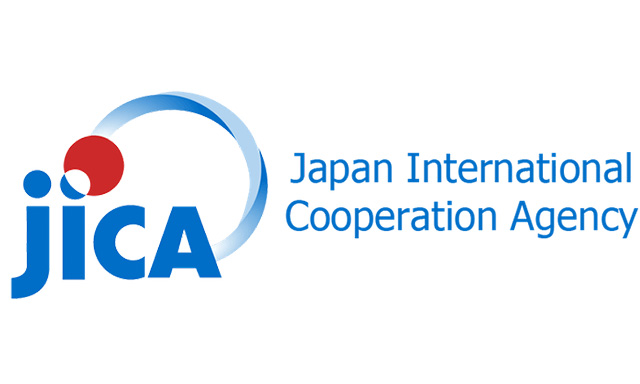ISLAMABAD, Aug 26 (APP):Participants at a national education workshop emphasized the need for collective action to expand Accelerated Learning Programmes (ALPs), aiming to provide education to disadvantaged ch
ildren and youth who have been out of school.
The event, co-hosted by the UN Refugee Agency (UNHCR) and the Japan International Cooperation Agency (JICA), drew over 80 participants, including government officials and education experts from Punjab, Sindh, Balochistan, and Khyber Pakhtunkhwa was held here on Monday.
The aim of the workshop was to address the educational needs of over-age, out-of-school ch
ildren and youth, particularly those whose education has been interrupted. Discussions centered on effective strategies an
d opportunities for improved coordination to tackle the education crisis in Pakistan.
UNHCR’s Representative in Pakistan, Philippa Candler, praised the Pakistani government for its ongoing support of refugees and their education.
She highlighted the staggering number of out-of-school ch
ildren globally, with Pakistan accounting for 26 million of them, including 500,000 refugee ch
ildren.
Candler emphasized the importance of ALPs in helping these ch
ildren, particularly girls and young women, to complete their primary education and transition to secondary schooling.
She called for a unified effort to improve education in Pakistan for all ch
ildren and reaffirmed UNHCR’s commitment to supporting policies that benefit both refugee and host community ch
ildren.
JICA’s Country Chief, Naoaki Miyata, pointed out that with 67 per
cent of its population under 30. JICA has focused on human capital development by enhancing access to education.
Miyata expressed hope that the workshop would lead to impactful measures through accelerated education policies to address the challenge of out-of-school ch
ildren.
Senior Joint Secretary at the Ministry of Federal Education and Professional Training, Sohail Akhtar Malik, emphasized the urgency of the situation.
He referenced the Prime Minister’s declaration
of an education emergency and stressed the need for innovative, cost-effective solutions.
Malik highlighted the role of digital technology in accelerating learning, particularly through ALPs, to ensure that out-of-school ch
ildren receive their right to education.
During the workshop, participants shared successful practices, such as Allama Iqbal Open University’s ALP (Middle-Tech) program, which currently serves around 3,000 ch
ildren across Pakistan.
Moving forward, provincial consultations will take place, followed by national technical discussions in September. The goal is to develop a unified approach to accelerated education, ensuring that these programs are accredited and effectively support all ch
ildren in need, regardless of their background.
